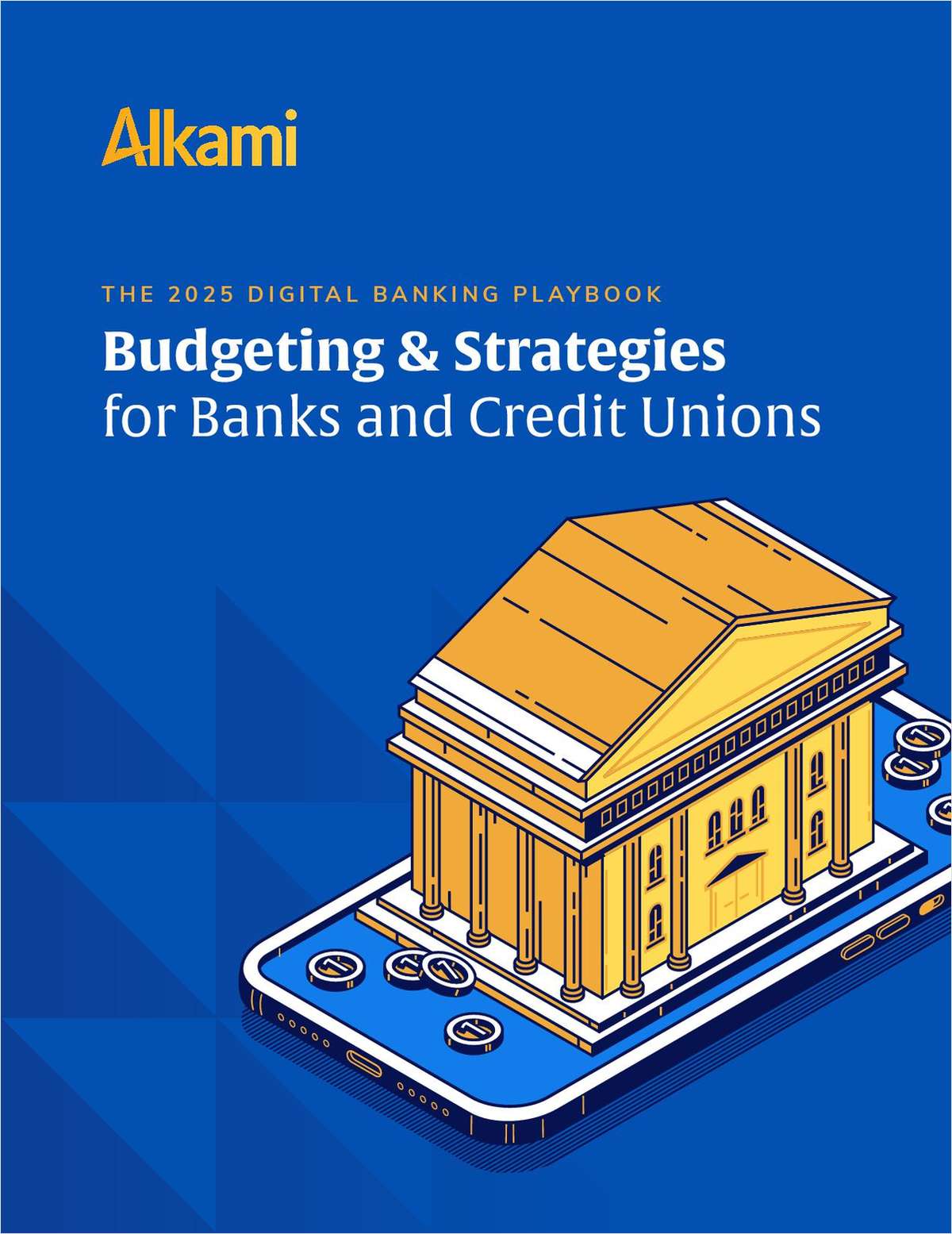MONTPELIER, Vt. – Attempts to modernize Vermont's credit union law ultimately failed before the state's 2004 Legislature. However, credit union proponents feel optimistic about success in 2005. In summary, Vermont House Commerce Committee Chairman Mark Young at the end of April opted to shelve the 150-page proposal written by the state's Department of Banking, Insurance, Securities and Health Care Administration (BISHCA) until the new legislative session in January 2005, stating that too much controversial language remained to be addressed. Instead, Young instructed BISHCA to revise its original proposal with language thus far approved by the committee and to reintroduce the proposal at the start of the next session. Then, in an eleventh-hour move, State Sen. Ann Cummings introduced an amendment to H.648 – which already passed the House – that would have given state-chartered credit unions parity with federal-chartered credit unions, almost to the same extent as the BISHCA proposal while only removing seven words from the existing credit union law. However, Cummings, who chairs the Vermont Senate Finance Committee, ultimately decided to remove the entire bill from consideration. “It is unfortunate, but in the haste of all the hectic action that goes on at the end of the legislative session and the wheeling and dealing that goes on, I can understand how a bill that has a number of different amendments might get lost by the wayside,” said Joseph G. Bergeron, president of the Vermont Credit Union League, about the decision to remove H.648 from consideration. “She [Sen. Cummings] probably was getting heat from a number of different interest groups, not specific to credit unions, that made it a prime target.” Despite the outcome of these two efforts, the Vermont Credit Union League remains upbeat about what it believes in 2005 will be a successful venture. On the positive side, the League feels credit unions have established a stronger presence in the state capital through grassroots efforts that generated more than 10,000 signatures with lobby and online petitions, as well as thousands of phone calls and e-mail messages to state legislators. It also feels that it has better identified legislators who are supportive of credit union initiatives and whom credit unions should support in the upcoming re-election campaigns. “Of course we're disappointed, but we're optimistic about next year,” Bergeron said. “Our efforts, particularly during the latter part of the session, featured a lot of statewide radio and print advertising, we identified supporters and detractors, and we made a very big impression on the legislature and also the banking community.” [email protected]
Complete your profile to continue reading and get FREE access to CUTimes.com, part of your ALM digital membership.
Your access to unlimited CUTimes.com content isn’t changing.
Once you are an ALM digital member, you’ll receive:
- Breaking credit union news and analysis, on-site and via our newsletters and custom alerts
- Weekly Shared Accounts podcast featuring exclusive interviews with industry leaders
- Educational webcasts, white papers, and ebooks from industry thought leaders
- Critical coverage of the commercial real estate and financial advisory markets on our other ALM sites, GlobeSt.com and ThinkAdvisor.com
Already have an account? Sign In Now
© 2025 ALM Global, LLC, All Rights Reserved. Request academic re-use from www.copyright.com. All other uses, submit a request to [email protected]. For more information visit Asset & Logo Licensing.









